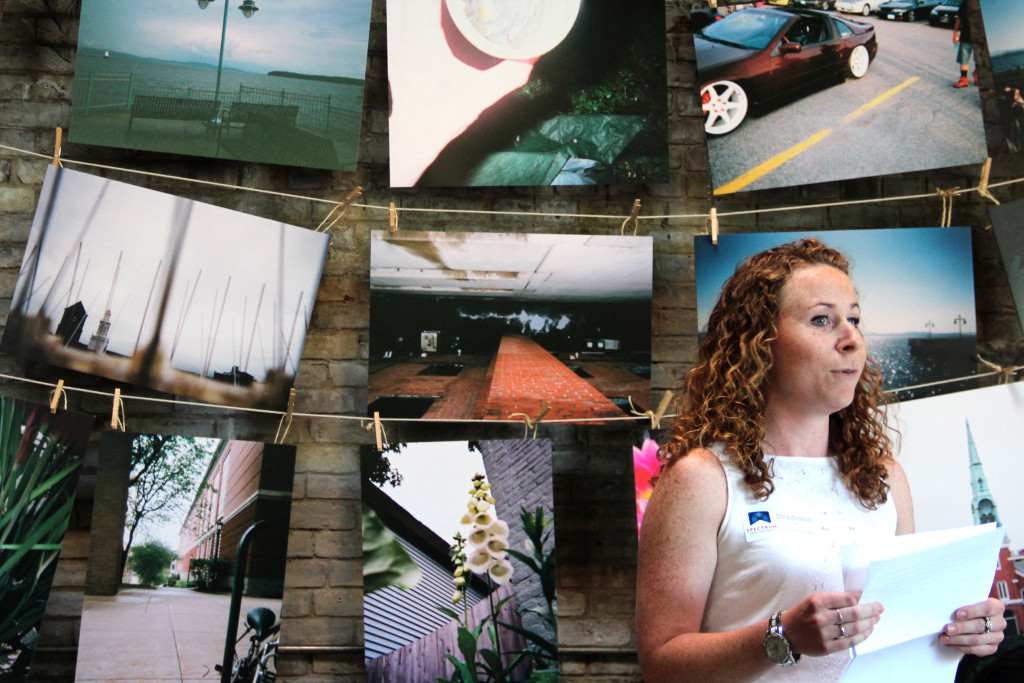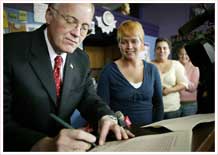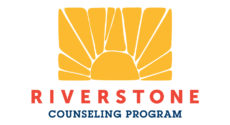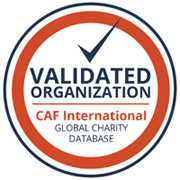
Stephanie Ball is a Jump on Board for Success (JOBS) Clinician who helps youth who have multiple barriers to success in an intensive case management program. She works with young people on finding and keeping stable, competitive, fulfilling employment and on working to overcome barriers to successful adulthood. The JOBS program is a collaboration between Spectrum, HowardCenter, and VocRehab Vermont.
Here’s Stephanie’s moving speech about her work from a recent event.
A couple weeks ago, I had the pleasure going to 3 different high school graduations and watching a number of Spectrum’s young people walk across the stage. For some, this was a moment they never thought they would see.
Can you imagine the perseverance it takes to be homeless but still go to school? To be worried about feeding yourself while keeping your grades up? At one of these graduations, one of the speakers took his glasses out of his coat pocket, looked at the graduates and said “getting old is not for sissies.” And he is right: getting older isn’t for the faint of heart. Neither is growing up, especially when you’re expected to do all that growing up without the supports that many of us take for granted.
As I helped one of my clients write a Father’s Day card for her foster parent recently, I was reminded that it is often adults that are not related to our young people that reawaken their sense of connection and worthiness. People such as our Drop-In staff, residential staff, counselors, mentors, Youth Development Coordinators and of course JOBS Clinicians.
Once a young person comes to Spectrum’s doors, they become a part of a community. I know that at JOBS, if one of my young people is sleeping in a tent by the lake, I can connect with Residential to find them a safe place to begin to get their basic needs met and then focus on all of the other stuff that makes for a happy life.
Before starting at JOBS nearly a year ago, I worked at the shelter where I was able to form relationships with many of the youth I still work with today at JOBS. One night, while working at shelter, I was on the phone with a staff at one of the other residences and she told me something I’ll never forget. We had helped one of our former shelter youth who then moved on to one of our supported housing programs get a copy of his birth certificate. She handed him his mail and as he opened it, he responded matter-of-factly, “So that’s my mom’s name.” I can’t even begin to fathom how much pain that one sentence contains. That young person in particular came to shelter with very little love for himself or anyone else. He would proclaim that cigarettes were all he really cared about. I can remember after he moved to the supported housing programs, and after months of all of us working to help him see his potential, I called the residence and asked to speak to him. I was congratulating him for finishing a training program and you could just hear the hope in his voice, the confidence that he’d be able to find a job and save up to be on his own. It was touching.
Then, something happened before he got off the phone; he said, “Love you.” What I heard, though, was that he had begun to love himself. He had begun to understand that there were a community of people at Spectrum who genuinely cared about him.
It does take a village to raise a child, and for many of our youth Spectrum becomes that village, their community. I want to stress that it wasn’t only residential staff that played a part in this young person’s life. Although it could just be one more caring adult that makes the difference in any young person’s life, it’s often a number of people that provide support. This young person, specifically, has been employed for nearly a year at the same place and will be transitioning successfully from one of the supported housing programs.
These changes took time though. The work that Spectrum does with young people in this community is hard and often messy. No one can magically undo 18 or more years of what these young people have had to experience. For many this means abuse, trauma, loss, and years of hardship.
Our work is about being there when things are hard to help them push through as well as being there to celebrate their successes. To be there for the life-changing moments, we have to be there when they’re not ready to change, to show them that change is possible and to wait for that moment of opportunity.
One of my mentors in this field once told me that youth are like jars, that you can tell them the same thing over and over and feel like you’re not getting anywhere, but that one day it will click and every attempt to get through to them will be worth it. It’s often in the smallest of moments or smallest of gestures that you really make the biggest impact on these young people’s lives. It’s in the tissues, the laughs, the high fives and the hugs. What it really comes down to is the relationship. When working with our youth, it’s important to keep in mind that although we’d all love to see each of them miraculously overcome their ever-present obstacles, sometimes we’re not able to see the miracles until we look back and see how far they’ve come.
I can tell you from experience these young people are capable of truly incredible things. I’m extremely grateful for your donations and the part you play in our young people’s lives. You provide us with the opportunity to witness the incredible changes that can come about when you make a young person realize they are lovable and they are worth fighting for.
As I said, it takes a village and you are a part of the community that allows our young people to realize their potential and make meaningful changes in their lives. Truly, thank you.















Comments